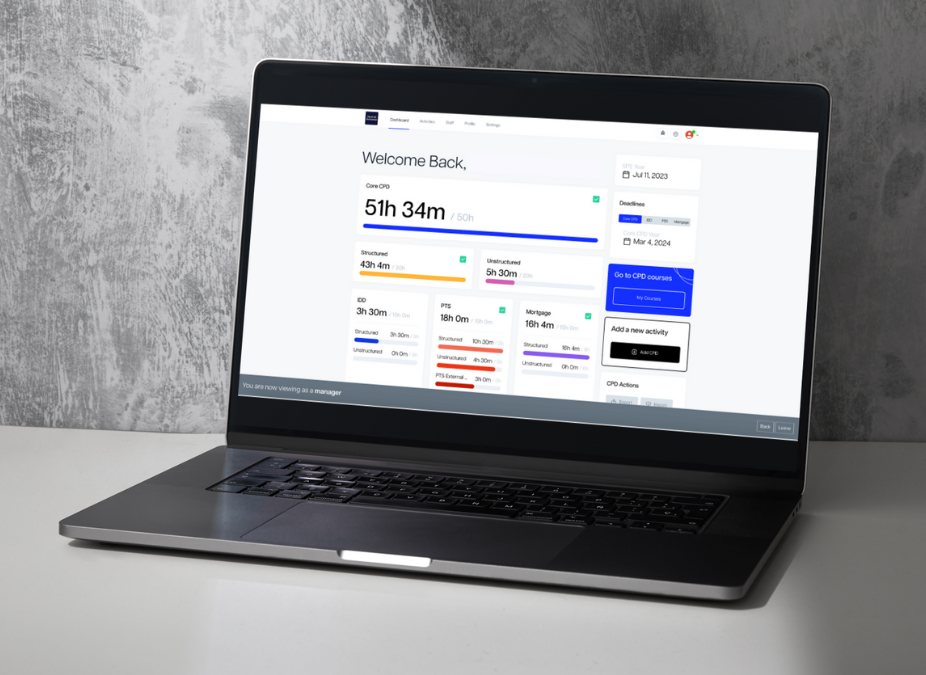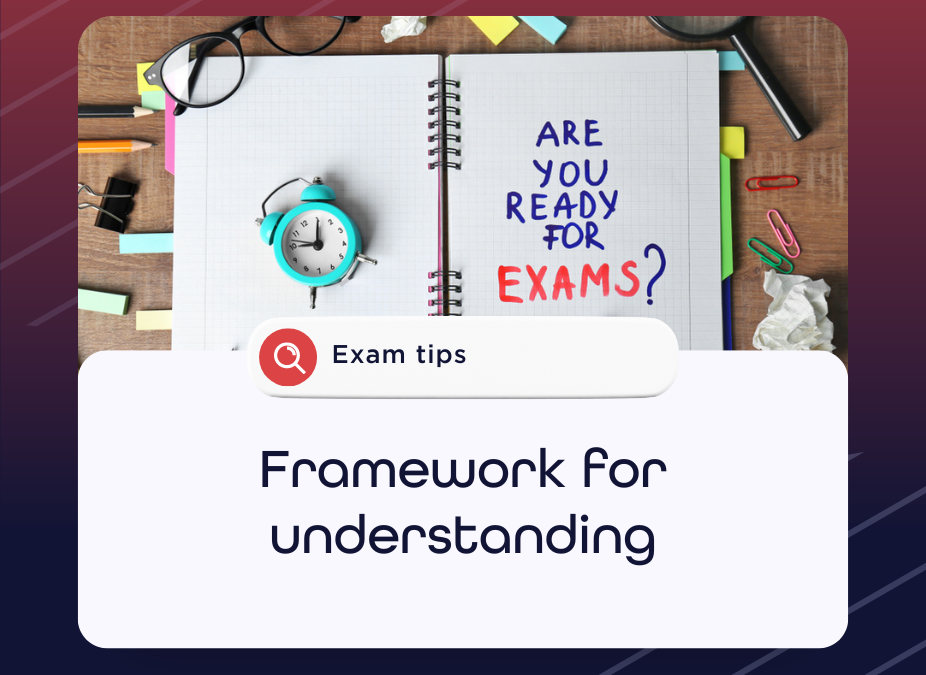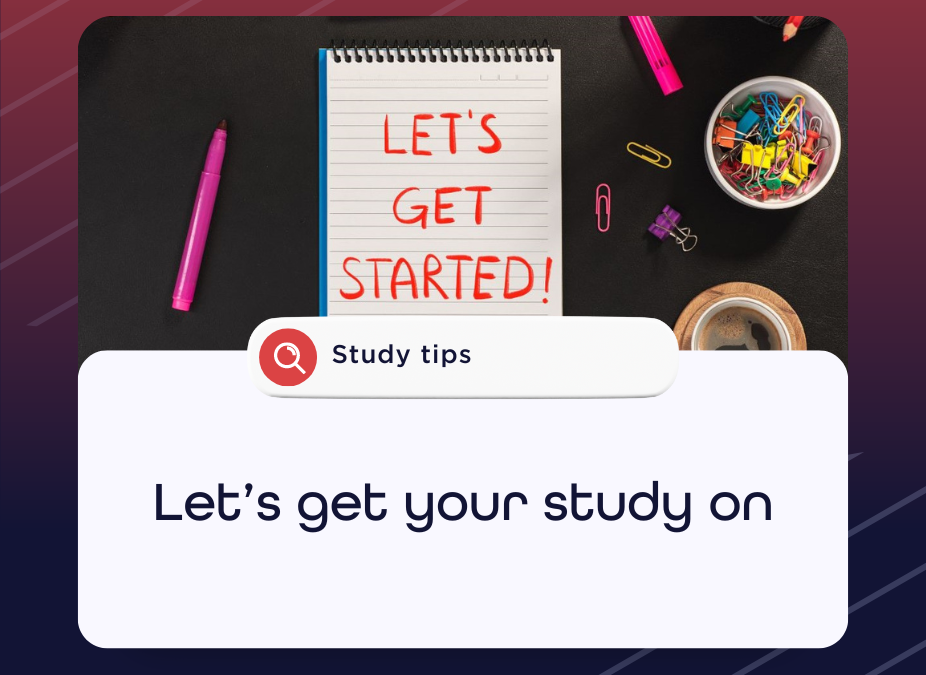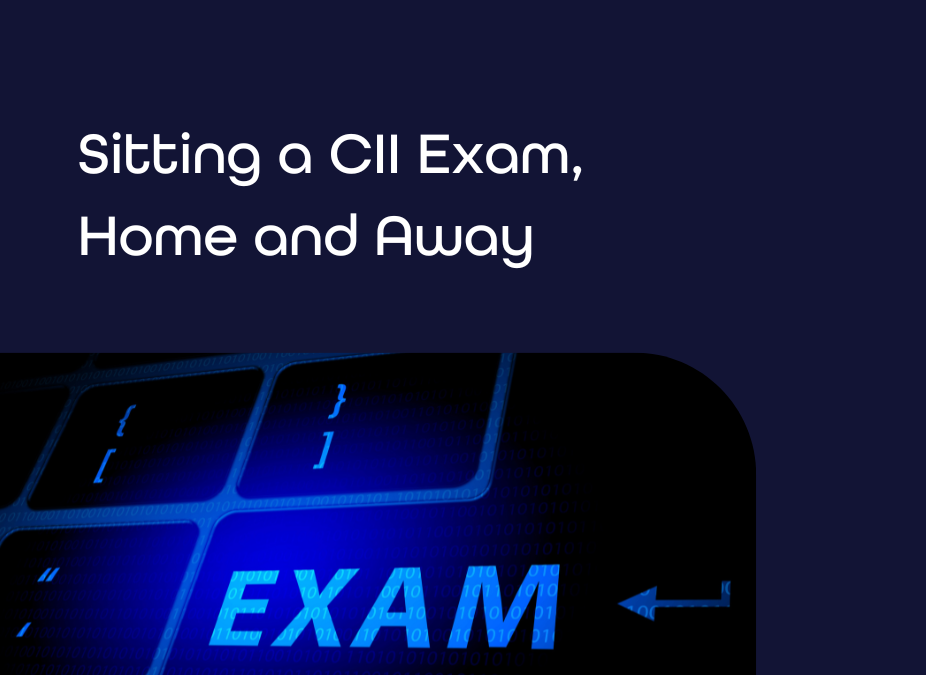Written by Jon Dodson, Redmill Advance for Professional Paraplanner
Jon Dodson, Redmill Advance, looks at why many people experience study and exam anxiety. There are ways to control it, he says.
Assuming someone wants to study, there’s generally two things that can hold them back.
- Not knowing how to approach study effectively – we have a free study guide that can help with this HERE.
- Anxiety – whether that’s study or examination related
When it comes to professional qualifications, anxiety normally has two triggers – it can be a fear of failure or a fear of the exam experience.
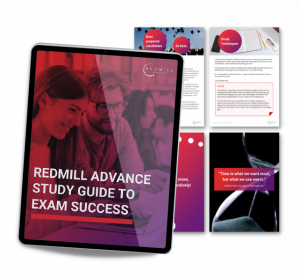
We can reframe the fear of failure as a motivator to study hard in the right way… back to the study guide!
The examination room experience will generate a little anxiety in almost all candidates – the key thing to learn here is this – it is ok and is completely natural. It may be a little uncomfortable in the short term but essentially it’s your body giving you everything you need to deal with the situation – the chemicals to be alert and sharp. Interestingly enough, chemically your body doesn’t know the difference between anxiety and excitement and some people harness this in nervous situations.
Much of the anxiety here comes from a fear of the unknown – ultimately you don’t know the questions that are coming your way and in that sense you are out of control.
Here’s the brilliant news – you can control pretty much everything else within the invigilation rules… from the seemingly trivial (what you wear, what you take in to eat and drink, what pens you use, how you sit etc) to your approach to the exam itself.
Here’s an example of an exam approach that you can use for all multiple choice exams – you can and should practice this several times in a timed/mock environment before your examination proper:
You are going to go through the exam three times and here’s how each run-through will work…
- First run through: Read all the questions twice and then read all options before answering. Only answer the questions you are sure of and do not flag these. Flag anything that you don’t know but do not select an answer.
- Why?: Assuming you have put the work in and read the question well your gut instinct is usually right – flagging these and coming back to them is time-consuming and you can talk yourself out of a right answer. They’ll always be questions that you don’t know initially so flag them – selecting an answer for these questions will lead you to an unhelpful situation of second-guessing yourself when you come back to them.
At the end of your first run through your confidence should be boosted by getting some points in the bag. You’ve also been efficient with your time.
- Second run through: Remember – you are only looking at flagged/unanswered questions here. As your confidence has built a little, when you run through the questions you will find a number of questions that you now feel comfortable answering (also, you sometimes get the answer to a question in another part of your exam… or you’ve remembered the answer is actually on your tax table!). When you answer these questions, remember to take off the flag as there’s no point reviewing them later.
- Ok – here’s where we pause briefly. That second run through will have bagged a few more marks for you. Your confidence should be higher still but the chances are you have a few niggly questions left.
- At this point it’s worth glancing at the clock to see how much time you have available per remaining question…
- Third run through: – Right, this handful of questions left are hopefully superfluous to you achieving your pass. That said, we want all the marks that we can. We know how much time we have per question and we are going to spend no more than that allotted time.
- Your instinct should cut in again here – what answers are you drawn to?
- 50% of the options in multi-choice examinations are normally obviously incorrect which will leave you between two (assuming you have four options available)
- Longer options stand out too – the more detail in the answer the more ‘complete’ it is
- After all that, have a guess – it’s educated by all your hard work!
To summarise, most anxiety stems from a fear of a lack of control. In an examination situation, we cannot control the questions we are going to get and we need to be ok with that. Everything else is in our gift to control!
Redmill Advance
Redmill Advance provides regulated Financial Services training via a digital platform from a range of CII and CISI qualifications.
In addition we offer a white-label learning platform solution. Our clients benefit from over 240+ digital programmes from CII and CISI exam-based training to Leadership, Regulatory, Compliance, Soft-skills, Behavioural and so much more. All accessible 24/7, on any device, and from anywhere in the world.
Our corporate solutions offer a large reporting suite and full admin capability putting you and your business in control.

